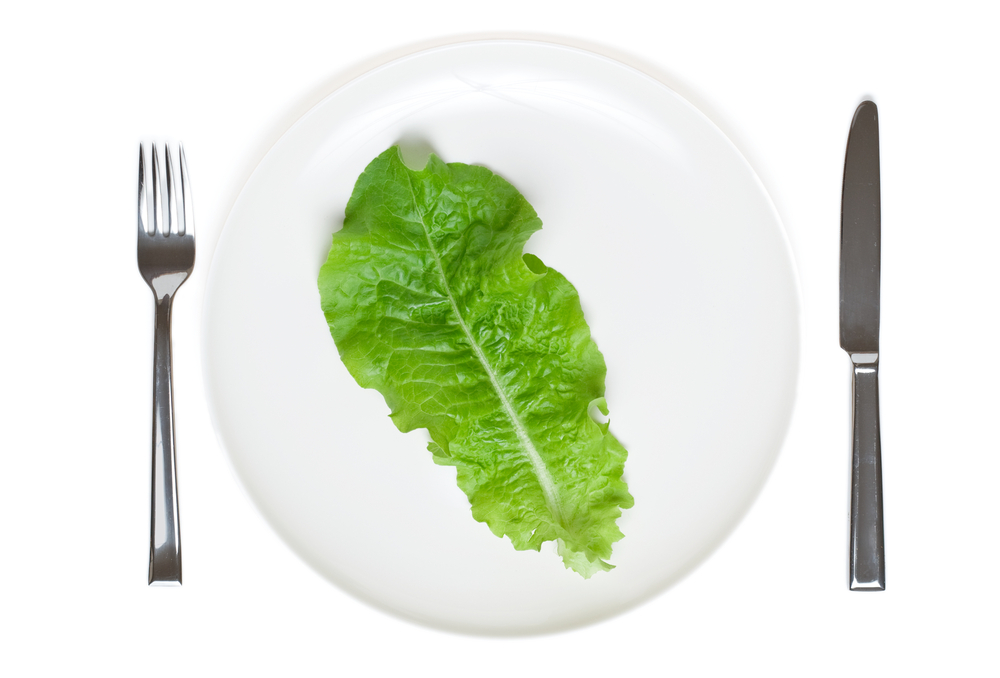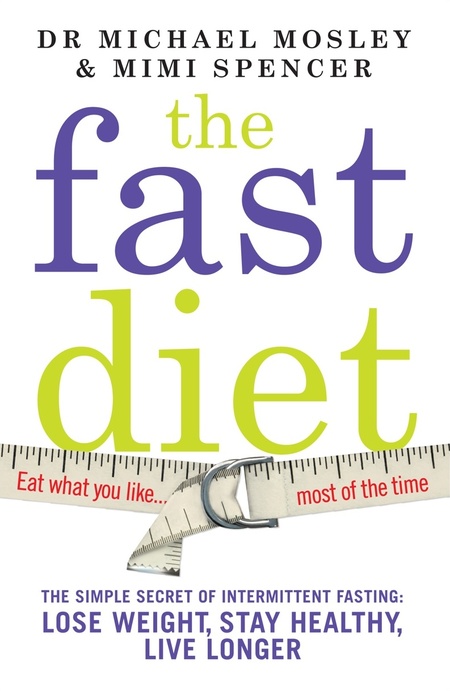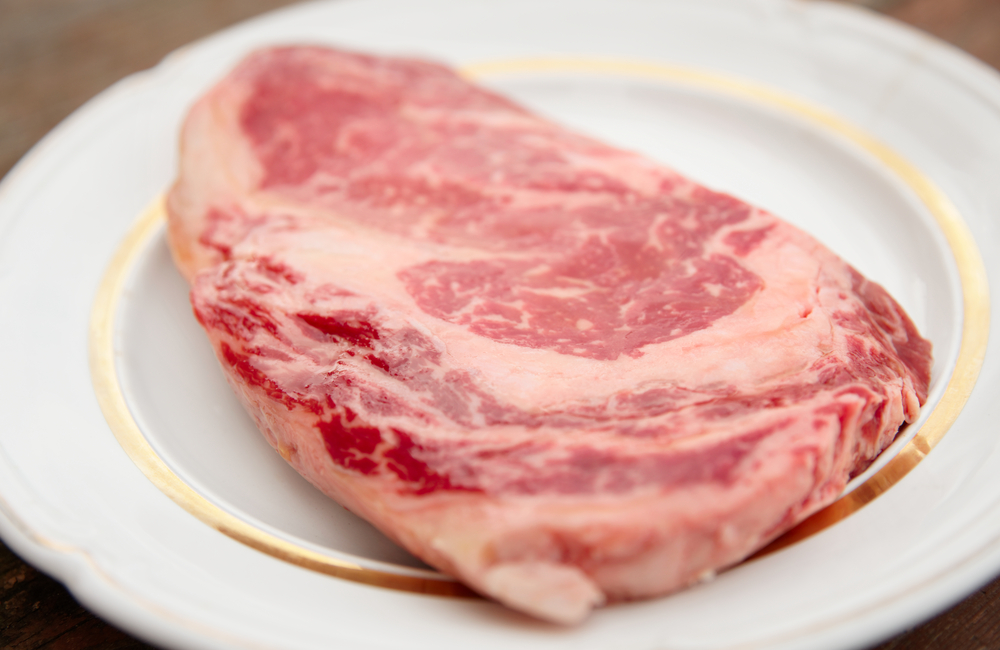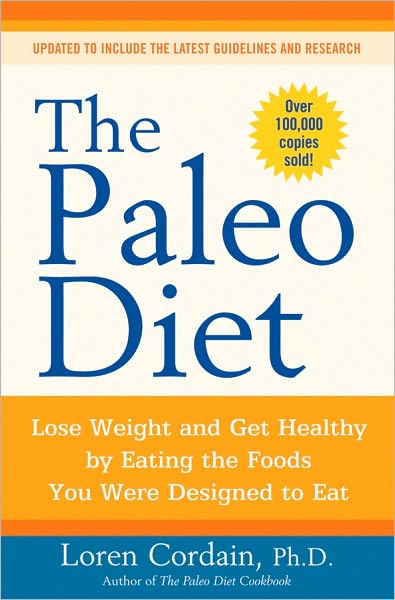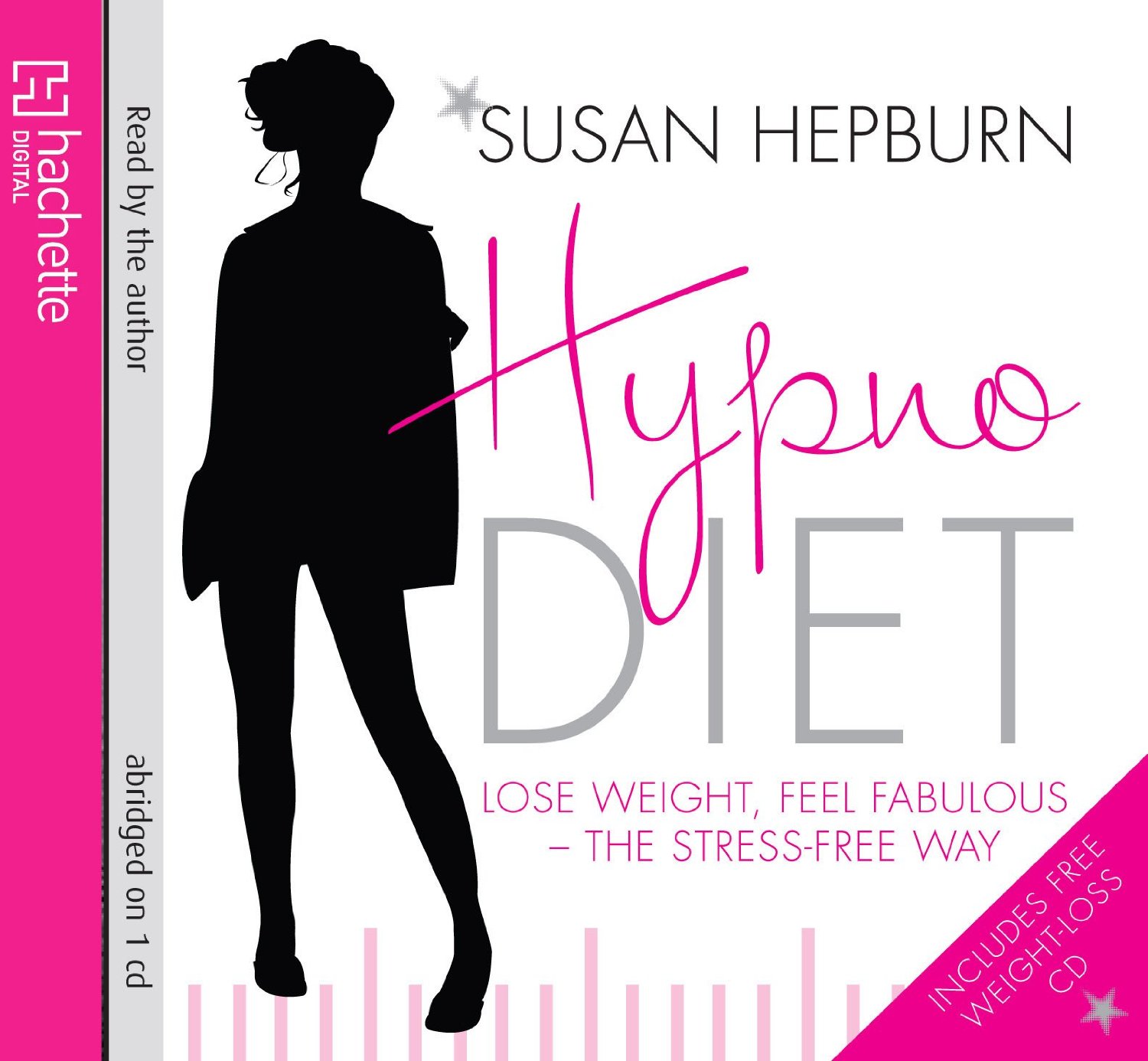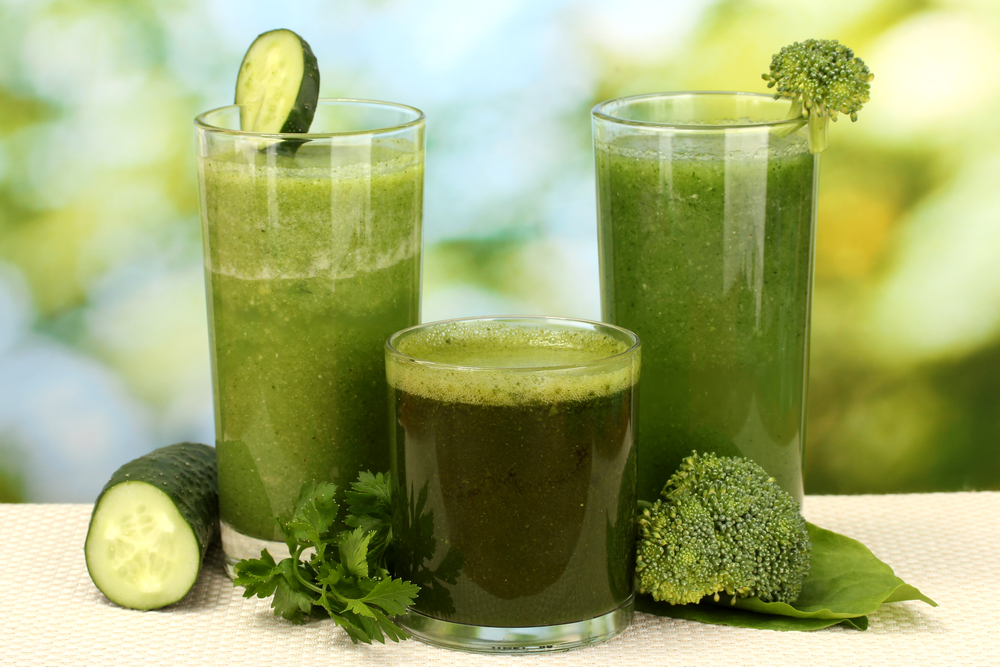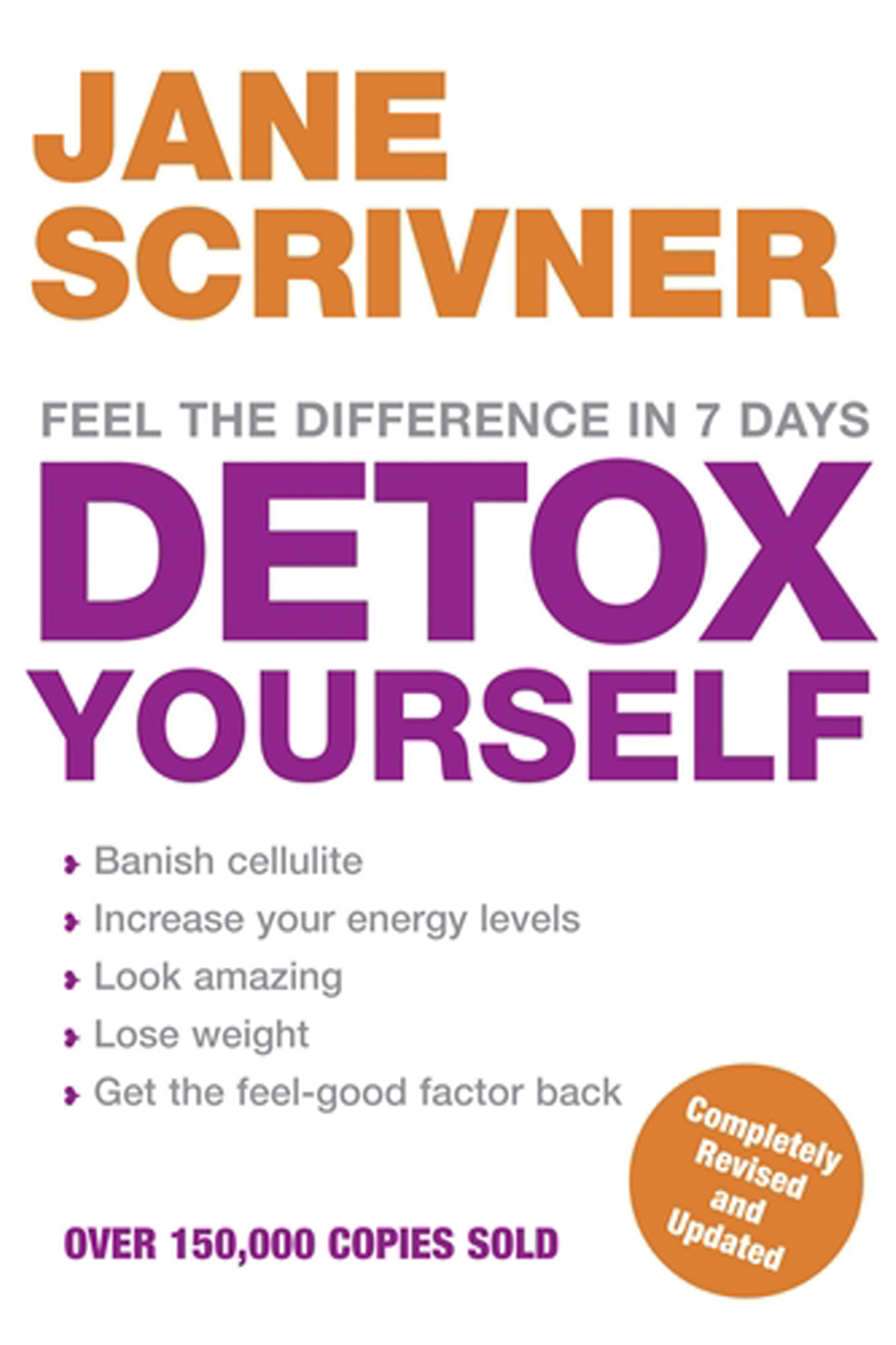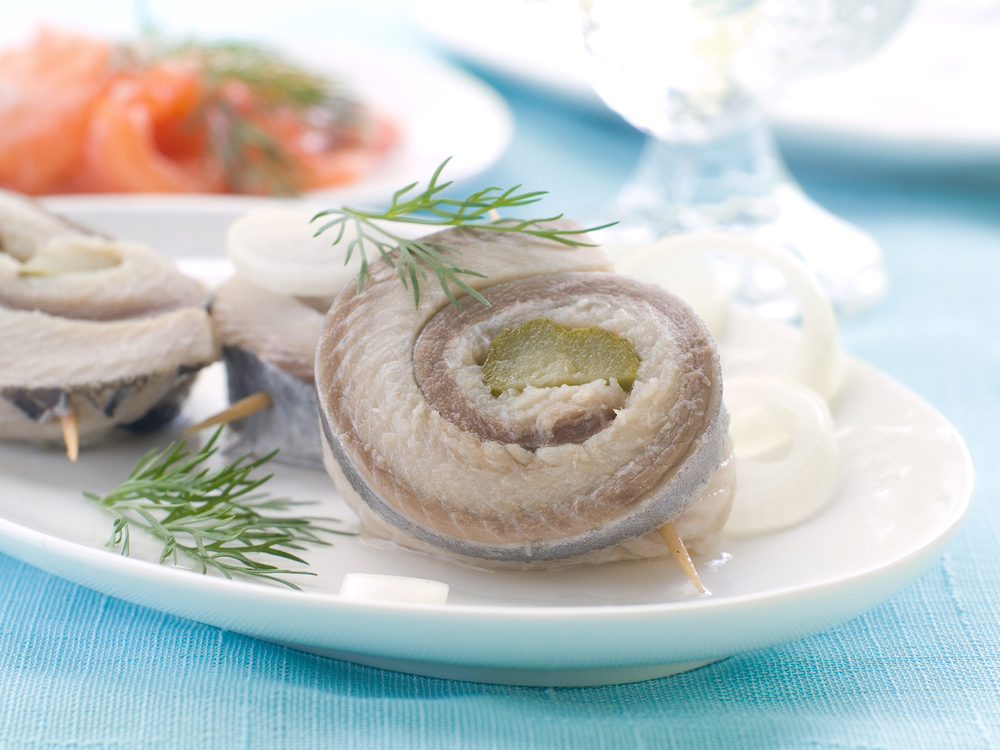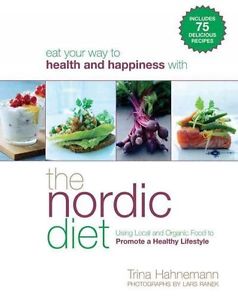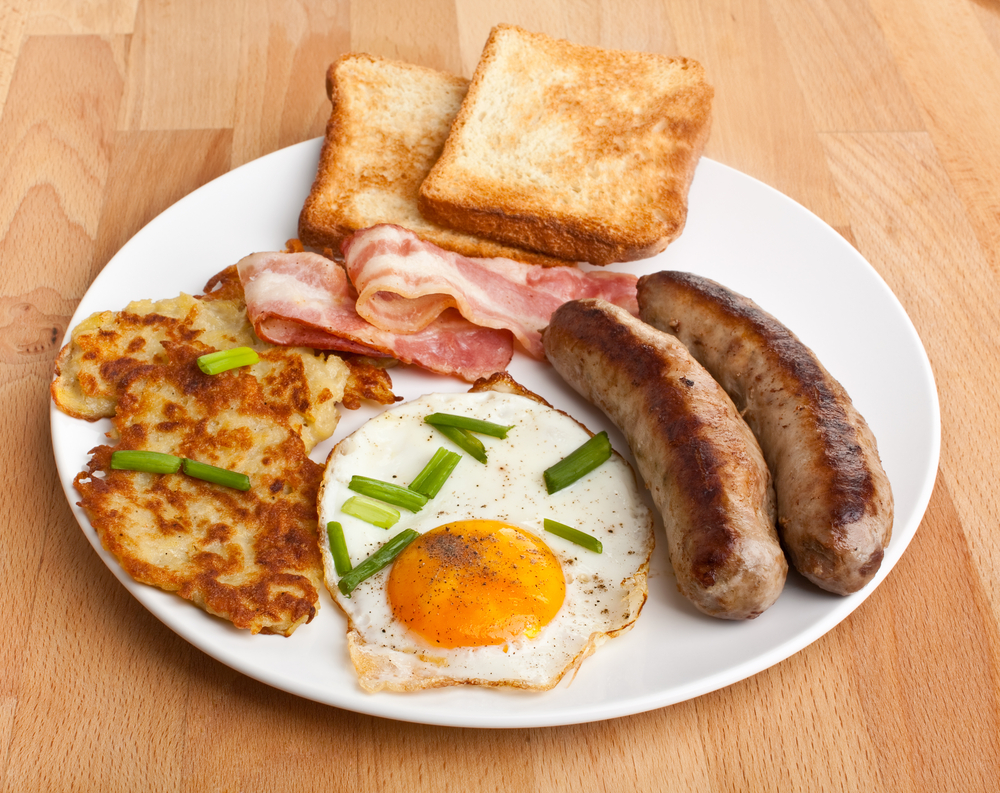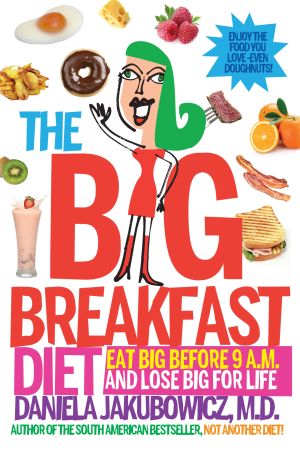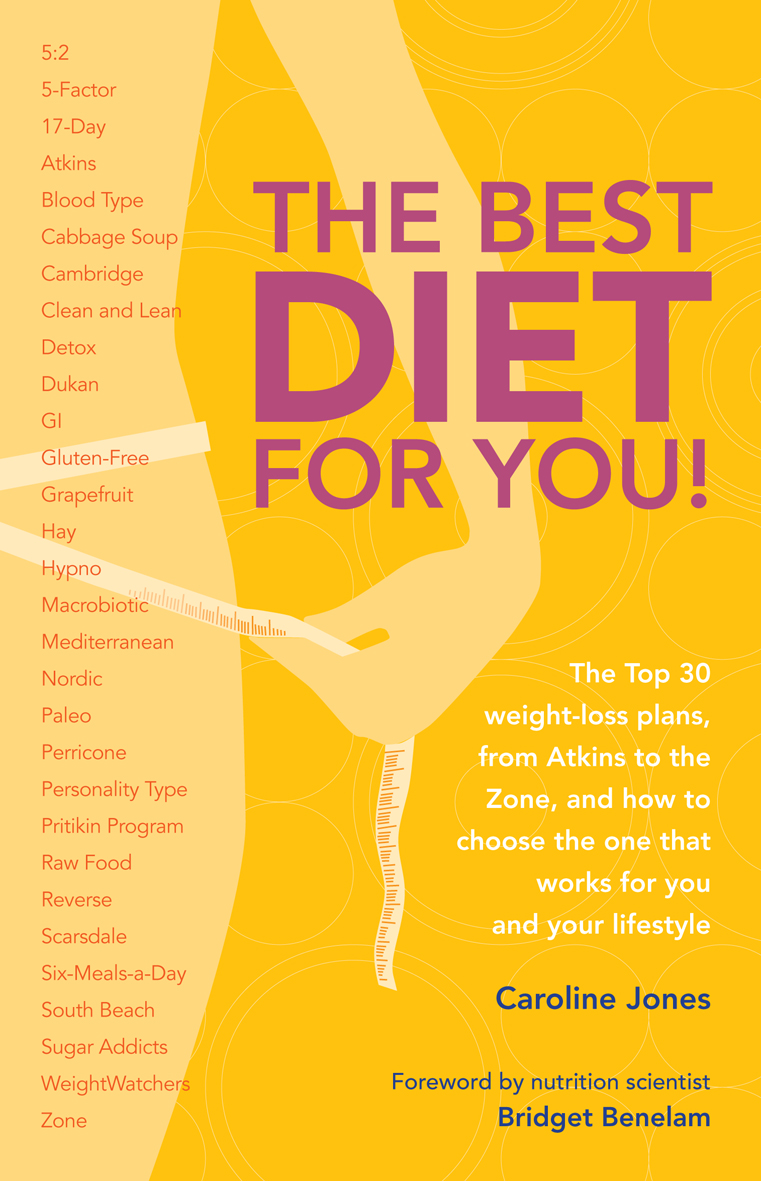
With weight such a universal worry, no wonder many of us are prepared to try any diet we hear works in an attempt to achieve our goal of shaping up. But with so much conflicting advice out there, how on earth do you know which diet is the right one for you?
Research shows a ‘one-size-fits-all’ doesn’t work when it comes to dieting. In fact, the future, for the right price, science is heading towards being able to create a bespoke DNA and character-matched diet plan tailored to your every lifestyle quirk and specific biological need. But in the meantime, narrowing down your choice from the most effective popular diets, by matching a plan to your personality, body shape and lifestyle, as much as possible, is going to offer better, longer-lasting weight loss results.
Here are six of the latest plans and the science behind them to help you decide which is best for you and boost your chances of weight loss success in 2014…
1. 5:2 DIET
Who it’s best for: Food lovers who struggle with willpower
Personality: You have a busy social life and don’t want your diet to stop you enjoying meals out. You find it tough to stick to rigid eating plans for long.
Body shape: Good for pear shapes that carry most of their excess weight below the hips. Weight loss achieved by following a typical low fat, low calorie diet, often sees a reduction in fat from the breasts, shoulders and arms, but not from the thighs and buttocks – however, the 5:2 diet promises to reach these problem lower areas.
In a nutshell: You restrict calorie intake to 500 calories for two non-consecutive days a week and eat normally the other five days.
What does the science say?
The rationale behind the 5:2 diet centres on the effects of fasting on levels of a hormone called IGF-1 (Insulin-Like Growth Factor 1). Although the hormone is essential in early life when rapid new cell growth is important, high levels in adulthood increase your risk of cell divisions such as those found in cancer. Restricting the calories you consume, so the theory goes, lowers blood levels of IGF-1, protecting you against some major diseases, while also allowing you to burn fat at a higher rate and regulate blood sugar levels.
However, it is early days so there isn’t enough firm scientific evidence to prove claims that the 5:2 diet helps people lose weight or boosts health long term.
Find out more:
The Fast Diet: The Secret of Intermittent Fasting by Dr Michael Mosley and Mimi Spencer (Short Books, £7.99)
2. THE PALEO DIET
Who it’s best for: Meat-lovers who care where their food comes from
Personality: You perform all tasks with gusto and would always prefer to walk than drive. You’re interested in good animal husbandry and food provenance.
Body shape: You have broad shoulders with an undefined waist. ‘Android’ or boyish shapes need adequate protein in their diet. Too much carbohydrate rich foods such as bread, pasta and sugar can cause fat accumulation around the abdomen.
In a nutshell: This plan means following the kind of ‘hunter-gatherer’ diet our ancestors would have enjoyed: plenty of fish, free-range meat, eggs, vegetables, fruit, seeds, nuts and herbs, but no processed grains, dairy or sugar.
What does the science say?
Proponents of the Paleo diet says it switches your body from a mainly carb-burning machine to a fat burning machine. They argue this is beneficial because your body’s preferred source of energy is fats – not the high amount of carbs in the modern diet – as it’s a much slower burning fuel and more efficient.
Although in theory this may seem like a sensible diet, particularly when removing sugar and salt, bear in mind it does cut out several food groups including dairy and grains, which provide essential nutrients, such as calcium, vitamin D, magnesium, B vitamins and fibre.
While there is some evidence to suggest we have problems digesting modern processed food, very few scientists would extend that group to include grains and plants such as wheat that were first cultivated over 10,000 years ago
Find out more:
The Paleo Diet by Loren Cordain (John Wiley and Sons, £9.99)
3. HYPNO DIET
Who it’s best for: Comfort eaters with a history of yo-yo dieting
Personality: You’ve an addictive personality and have developed emotional eating habits that you feel unable to tackle – whether it be turning to chocolate for comfort or indulging in takeaways after a stressful day at work.
Body shape: You’re carrying too much weight all over and desperately want to shed at least two stone.
In a nutshell: Not a food plan as such, hypno-dieting is a way of encouraging your mind to make healthier food choices. Working with a hypnotherapist – in person or via a CD – you try to pinpoint the emotional triggers that make you turn to food. Then, through the power of suggestion, bad food behaviours are replaced with healthier ones.
What does the science say?
The ‘hypno’ parts claims to work because in a state of hypnosis you’re focused and calm and your subconscious is more receptive to ideas .The therapy portion is based on the principal of ‘behavioural change through positive reinforcement.’ Rather than telling yourself what you’re ‘not’ allowed to eat, you teach your subconscious that what you really want is healthy food and exercise.
Hypno-dieting is still considered a fairly controversial therapy as many health professionals dispute its effectiveness. Hypnotherapy is, however, endorsed by the NHS in the UK as part of its complementary and alternative medicines for obesity. Results tend to depend on the hypnotherapist and your relationship with them. It’s also vital to check any therapist credentials thoroughly – at the very least making sure they belong to an appropriate professional body.
Find out more:
Try Hypnodiet: Lose weight, feel fabulous – the stress-free way, CD (£14.99, Amazon)
4. DETOX DIET
Who it’s best for: Those who like to party hard, but also take care of their health
Personality: You go through phases of overindulging, for example at Christmas or during busy periods at work, but between these times you have breaks from socialising where you really focus on your health.You’re very driven, don’t give up easily and always see a plan through to its end.
Body shape: Bloated – if you suffer from bloating the high fibre in a typical detox diet might help boost a sluggish digestive system.
In a nutshell: Detox diets vary, but most are very low calorie and involve eating mainly fruit and veg, while avoiding caffeine and alcohol and eliminating potential dietary allergens including wheat, dairy, sugar and red meat. Detox phases typically last anything from two-days to a week. Detoxing is based on the concept that your body needs help getting rid of unwanted ‘toxins’ – accumulated harmful substances that are alleged to exert undesirable effects on health.
What does the science say?
Detox diets claim to flush poisons from your body, purge pounds of excess fat, improve digestion, clear your complexion and leave you feeling energized. However, many doctors dispute the need for ‘detoxing’, claiming that there’s no scientific evidence that they work, and that the body is perfectly capable of clearing out harmful substances by itself via the liver.
Some doctors also point out the potential side effects from starving your body of calories – a state that causes the release of chemicals called ketones, which can trigger nausea, dehydration, light-headedness and irritability. Foods such as wheat and dairy that are often cut out on detoxes are also a source of important nutrients, so it’s potentially harmful to exclude them from the diet.
Find out more:
Detox Yourself: Feel the benefits after only 7 days by Jane Scrivner (Piatkus, £6.99)
5. THE NORDIC DIET
Who it’s best for: Those who love try new foods and enjoy fish
Personality: You’re sociable, experimental and enjoy meals as an important part of family and social life. You want to lose weight, but still want to enjoy your food. You’re active, interested in nature and care about food provenance.
Body shape: You carry weight around your middle, putting you at higher risk of heart disease – something this diet claims to reduce your risk of.
In a nutshell: A high protein diet, but with a particular focus on lean game meats and fish. It’s also incredibly high in antioxidant-rich fruit such as berries and leafy green vegetables and uses rapeseed oil for cooking. You’re also encouraged to eat little and often, opting for up to five or six smaller meals over three big ones.
What does the science say?
According to Professor Astrup from the University of Copenhagen in Denmark: ‘There’s increasing evidence that the fat in meat is not as unhealthy as we are led to believe. The protein content of low-fat dairy products, healthy fish and lean game is very beneficial if you want to feel full for fewer calories. To maintain a healthy body weight, these parts of the diet should not be excluded.’ In a small study of 250 men and women, Professor Astrup found a high protein diet was more effective in helping slimmers keep the weight off than the popular GI diet.
Find out more:
The Nordic Diet by Trina Hahnemann, published by Quadrille (2010)
6. THE REVERSE DIET
Who it’s best for: ‘Morning people’ who think breakfast is the most important meal of the day
Personality: Perhaps you work from home or do shift work – either way you have time to spare in the morning, so can sit down and enjoy a hearty breakfast. You may also be single and less likely to need to prepare or sit down for the evening family meal.
Body shape: You tend to put on weight all over and feel generally heavier than you’d like to be.
In a nutshell: ‘Breakfast like a king, lunch like a prince, dine like a pauper.’ On this simple plan you reverse your meals so you eat your largest portion in the morning, have a smaller lunch and eat just a quick, light meal at night. Advocates say it works because calories consumed in the morning are less likely to be stored as fat.
What does the science say?
There is certainly plenty of evidence to back up the importance of breakfast – many studies have shown that breakfast eaters are slimmer than those who skip it and a study by Addenbrooke’s Hospital in Cambridge, found that people who ate the biggest breakfast put on the least weight – even though they consumed the most food overall in an average day.
But to date there’s no real scientific evidence to support the core idea that calories eaten in the evening are less likely to be burnt off and will therefore be stored as fat.
On the plus side, this diet is not restrictive and doesn’t ban any food groups, so it shouldn’t lead to any health concerns, as long as you ensure your three meals contain a healthy mix of protein, carbs, fruit and vegetables.
Find out more:
The Big Breakfast Diet: Eat Big Before 9am and Lose Big for Life by Daniela Jakubowicz (Workman Publishing, £7.99)
Caroline Jones
Carlton, £9.99
Like this article? Sign up to our newsletter to get more articles like this delivered straight to your inbox.



